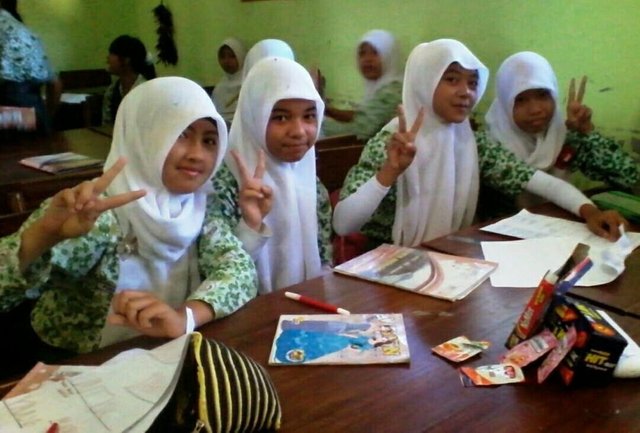
IPA is a compulsory subject in the curriculum of SBC at primary school. IPA in elementary school opens the opportunity to nurture the taste want to know students naturally. Cullingford in Usman Samatowa (2010: 9) suggests that in science learning, students should given the opportunity to develop an inquisitive attitude and variety logical explanation. This is certainly important, so that students are not only crammed by theory alone without knowing the process of how that theory can be formed, so students should focus more on receiving the material being taught. Basically the purpose of science learning in elementary school according to Patta Bundu (2006: 18) are:
The achievement of science in terms of products, processes, and science.
In terms of products, students are expected to understand the concept concept Science and its interrelationship with everyday life.
From the process, students are expected to have the ability to develop knowledge, ideas, and apply that concept gained to explain and solve that problem found in everyday life.
In terms of attitudes and values students are expected to have an interest for studying objects in the neighborhood, being curious, diligent, critical, introspective, responsible can work together and independent, and recognize and cultivate a sense of love for nature around so as to realize the majesty of God Almighty.
Furthermore, based on the Regulation of the Minister of National Education Republic of Indonesia Number 22 of 2006 on Content Standards for Unit of Primary and Secondary Education group of science subjects knowledge and technology in primary schools, aiming for recognize, respond to, and appreciate science and technology, and instill habits of thinking and scientific behavior that is critical, creative, and independent. To make this happen, then the need for cooperation among education actors. Whether it's from the teacher, students, and other schools.
Teachers have an important role as student mentors in study. Some important aspects that teachers can pay attention to in empowering children through science learning in accordance with Piaget's cognitive implications of learning in learning are: 1) it is the attention of the students to stay focused in learning; 2) giving priority to the role of students in their own initiative and involvement active in learning; 3) to understand the difference individuals in terms of developmental progress
This post recieved an upvote from minnowpond. If you would like to recieve upvotes from minnowpond on all your posts, simply FOLLOW @minnowpond
Downvoting a post can decrease pending rewards and make it less visible. Common reasons:
Submit